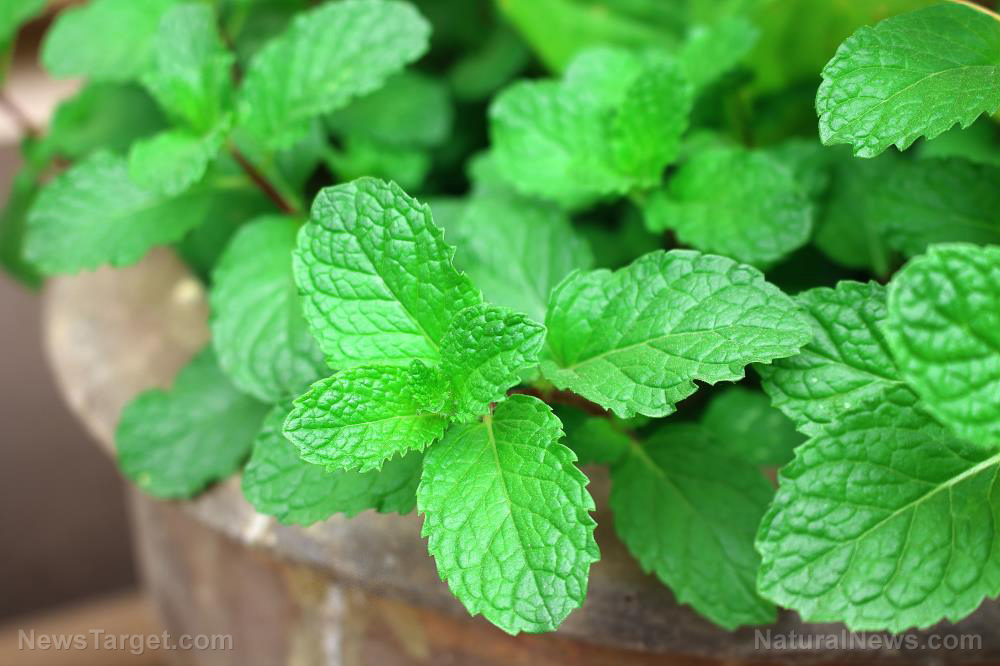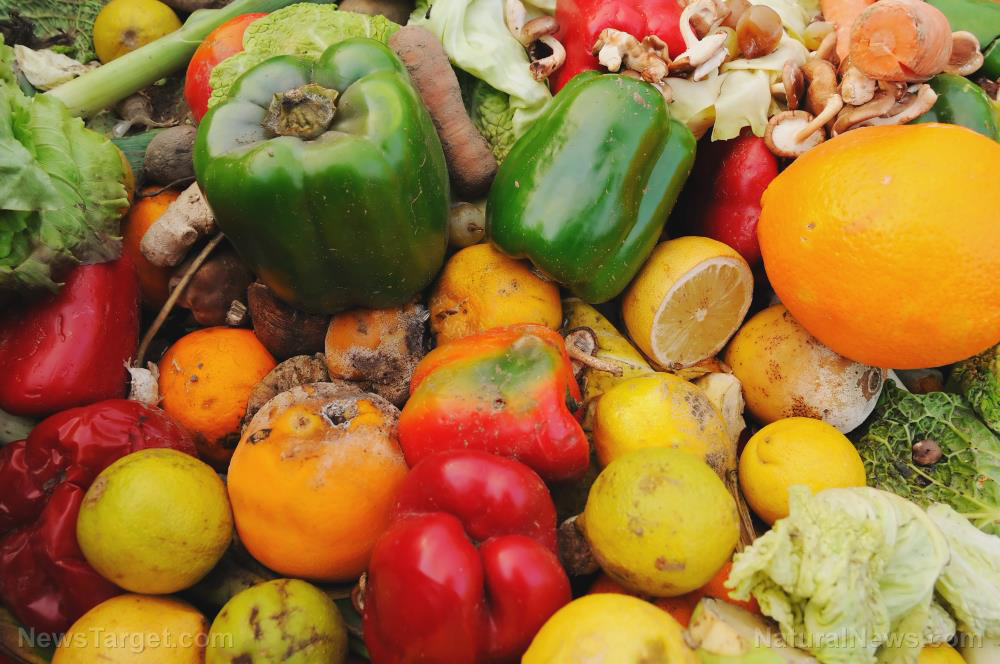10 easy-to-grow plants that will repel mosquitos
02/04/2016 / By usafeaturesmedia

(Homesteading.news) No doubt by now you’re heard of the Zika virus which is currently exploding in South and Central America, and which is likely headed to North America and other parts of the world.
In case you didn’t know, the Centers for Disease Control and Prevention, as well as other virologists and scientists around the globe, believe that that the virus – which can cause microcephaly, leading to massive brain damage, in newborn babies – is being spread by mosquitoes.
In much of the U.S. winter is keeping temperatures down, and that’s a natural barrier to the spread of mosquitos. But in short order winter will ebb and spring will arrive, and with it warmer temperatures and, of course, mosquitos.
Though natural mosquito repellants are highly desirable under normal circumstances, the spread of Zika makes repelling mosquitoes even more important this coming year, considering researchers and scientists have yet to figure out how to combat and kill the Zika virus.
Here are 10 plants that you can position around your homestead that will help repel mosquitos and keep you and your family much safer:
- Basil: Sometimes referred to as St. Joseph’s Wort in some English-speaking countries, basil – which may be native to India – is a hearty, annual plant that is best known as a herb in Italian foods, though it is often used in cuisine all over the world. It contains an essential oil that can be extracted into a spray bottle, or grown (as an herb for your meals) to repel in its natural state.
- Catnip: Also known as catmint, this plant is not native to North America but is widely grown there. This short-lived perennial would be best grown in conjunction with other repellant plants. That said, it is a very effective repellant for mosquitos. You can cut off the flowers and boil them to make a spray.
- Cedars: Many people have seen mosquitos gathering around cedar hedges and plants and think that they are actually attracting mosquitos, but that isn’t the case (mosquitos are most likely seeking shade or cover from predators). In fact, a number of commercial mosquito repellants are made with cedar oil.
- Citronella grass: Have you ever bought a citronella candle as defense against mosquitos as you and your family enjoy some outdoor time during warm spring and summer evenings? Citronella grass serves the same purpose. When crushed the plant releases an oil that can be applied directly to your skin.
- Lavender: We love the smell of lavender when it is in bloom but mosquitos don’t. In fact, lavender scent drives mosquitos away. It’s a plant you can add to your garden, grow in a pot near your home or plant just about anywhere. Read more about its anti-mosquito properties here; because it can be a little difficult to grow, check out where and how to plant and care for lavender here.
- Lemon balm: Another plant related to the mint family that can be grown in your garden, then “harvested” and crushed directly onto your skin for mosquito protection. Read more here.
- Lemon grass: Sticking with lemon and grasses, lemon grass is a hearty plant that is easily grown and a natural repellant. It is also a culinary ingredient and is often used in Southeast Asia to flavor foods, especially India. Learn its use here.
- Marigolds: The odor of these perennial plants is offensive to many people, but something about them is also offensive to mosquitos. They are colorful, however, and they grow well with some watering. What’s more, they’ll last all through “mosquito season.”
- Mint: This is practically a labor-free anti-mosquito plant that proliferates very quickly. Use it for various things – drinks, cooking, etc. – but know that it is an excellent mosquito repellant.
- Rosemary: This plant can also be added to your garden for extra mosquito protection as you work to cultivate and harvest your produce. Here is a recipe for rosemary as a mosquito repellant.
[H/T: Best Plants and Wikipedia]
Homesteading.news is part of the USA Features Media network of sites. For advertising opportunities, click here.
Materials reuse policy: Click here
Tagged Under: homesteading, mosquitos, prepping, survival, Zika virus



















